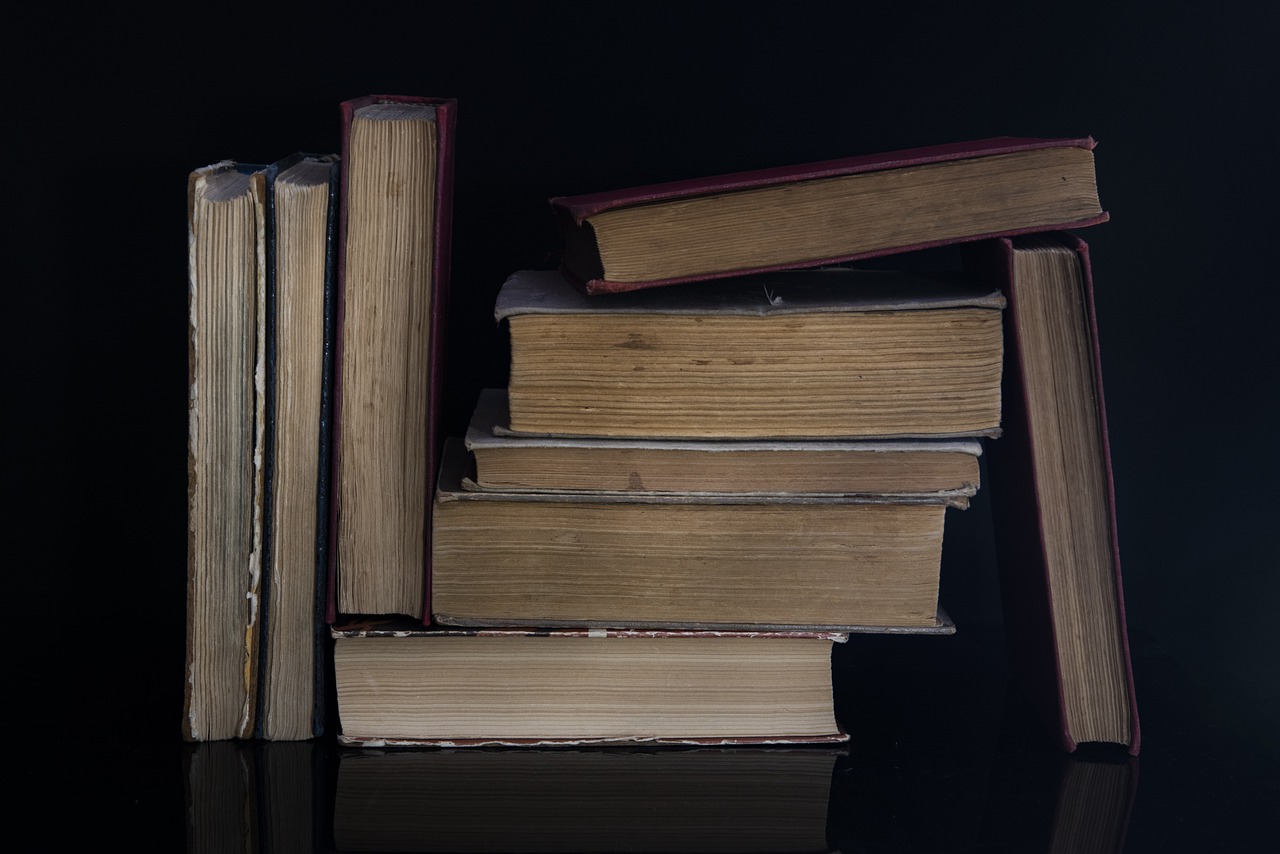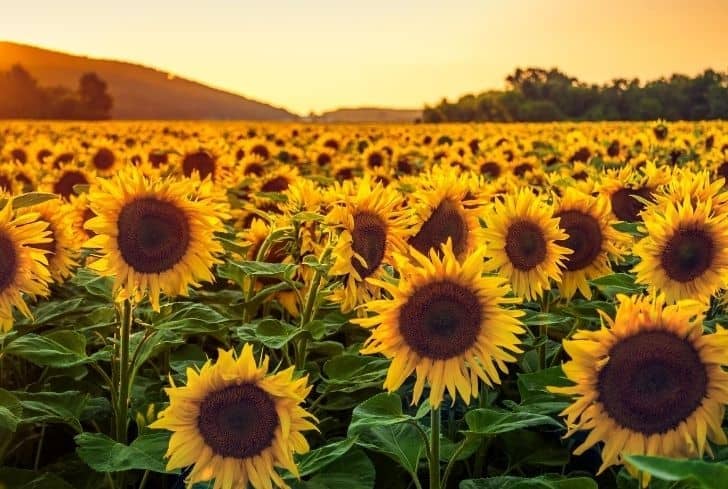
Image by Nick115 from Pixabay
I love period piece movies and I’d rather read fiction any day over nonfiction. But I have many friends who turn up their noses at made-up stories. They want something serious, they say. They don’t want fluff. They want to learn something, to be provoked to think, inspired to act.
Fiction can do that, I say. Especially historical fiction. And especially right now.
Stories set in the past can resonate with readers today.
What does historical fiction do?
Like all fiction, historical fiction provides escape. You can do a little time travel into the past. Sometimes to a place far away. A setting that is richer and more nuanced than what you read in the often-dry history books.
By shedding light on little-known moments in history, it can expose truth in a softer, more palatable way than nonfiction.
It brings underrepresented or oppressed people to life, instilling empathy in us for the plight of the characters in the story; that empathy can spread to real people in our present lives.
When properly researched, historical fiction can educate us. We learn from stories of the past so we will never forget.
Historical fiction gives history a voice.
Ruta Sepetys, historical fiction author, writes: “When the survivors are gone we must not let the truth disappear with them. Please, give them a voice.”
That has never felt more important to me than now.
Sophie Pinkham writes in The New York Review that historical fiction can “comment on the present by way of the past.”
Historical fiction offers a way of writing between the lines. The attentive reader notices parallels and patterns, silent gestures toward the tyranny and absurdity of the moment of writing: after all, history repeats itself.
History often repeats itself. But does it have to?
It sure seems that way, especially given the events the world has witnessed since 24 February.
Someone witty (not Mark Twain as commonly thought) once said: “History never repeats itself, but it often rhymes.”
Usually anything to do with the repetition of history comes with a warning. We must remember history so we will never let it happen again.
But is all history bad? Isn’t that the equivalent of throwing the baby out with the bath water?
I say, Don’t let history repeat itself, except when it should.
I can’t stop thinking about Ukraine. Although I returned “home” many years ago, my heart has never really left Eastern Europe. Its people are in my blood. I saw firsthand what people endured as a result of oppression, and now I watch, helpless, as it begins all over again.
We’ve all seen echoes of Hitler’s September 1939 invasion of Poland in Putin’s vicious attacks in Ukraine.
Several people have mentioned to me that they’ve picked up my books again to reread; both the fictional One Degree of Freedom and nonfictional We Wait You are timely right now. In those pages, they have learned about the effects of oppression, deprivation, fear, isolation, and intimidation on a nation. I’m glad, but I hope they will find other truths in my books.
Find the virtuous lessons of history that need to be, and are being, repeated.
Lessons of courage. Of unfaltering faith. Of loyalty. Of generosity in the midst of need.
Lessons learned today from 59-year-old men and young fathers returning from safe refuge to join their countrymen in battle.
From people spending their nights in bomb shelters singing, praying, and worshipping.
From neighboring countries opening their arms and hearts and homes to refugees. Friends tell me, “It could have been us.”
A friend of mine posted on Facebook that she prays the Russian army will lay down their arms. Some may say that’s magical thinking. I say, Why not? It’s happened before.
On 22 December 1989, after days of battle with hundreds of innocent unarmed Romanian people gunned down, something happened that nobody can explain. Of one accord, the Romanian army turned their guns and their tanks and started aiming at the Securitate. They switched allegiance. Quickly, the people were victorious. God intervened; the revolution came to a swift, yet costly, end.
Could it be happening again? Probably you’ve read accounts coming from within Ukraine. Rockets being shot out of the sky and never reaching their targets. Russian tanks running out of gas. Enemy soldiers asking locals for bread and directions. The Russian army has been amazed at the might of the much smaller Ukrainian forces.
Ukrainian people have asked their global family to join them in prayer when the fighting is most intense (2-4 am Ukrainian time, 7-9 pm EST).
With the world praying, should we be surprised? Maybe history–good history–is repeating itself. I hope so!
